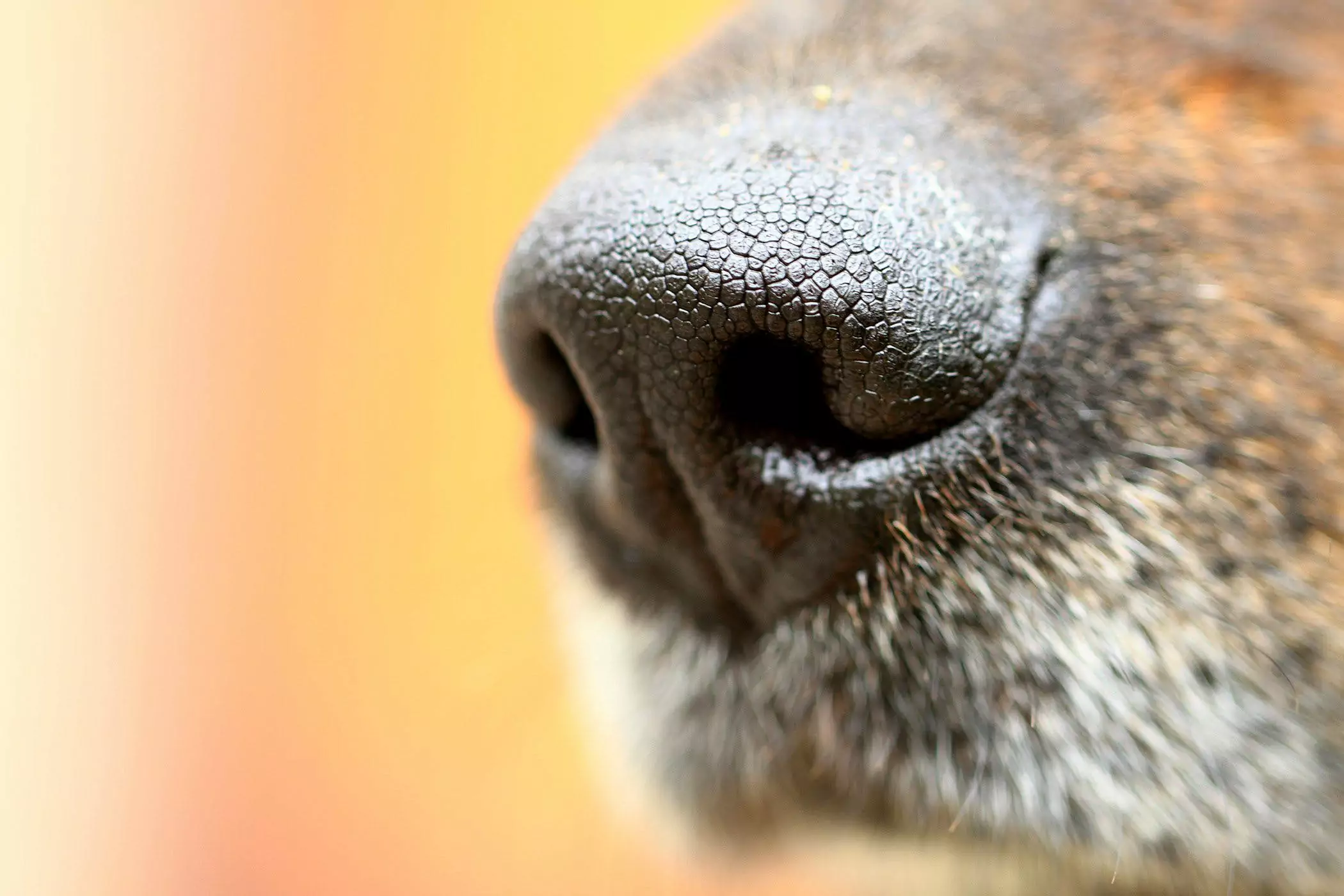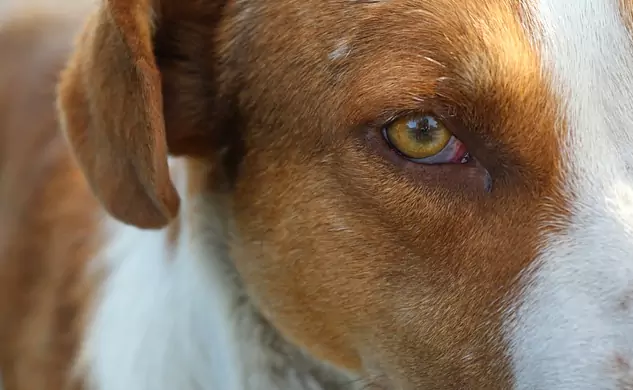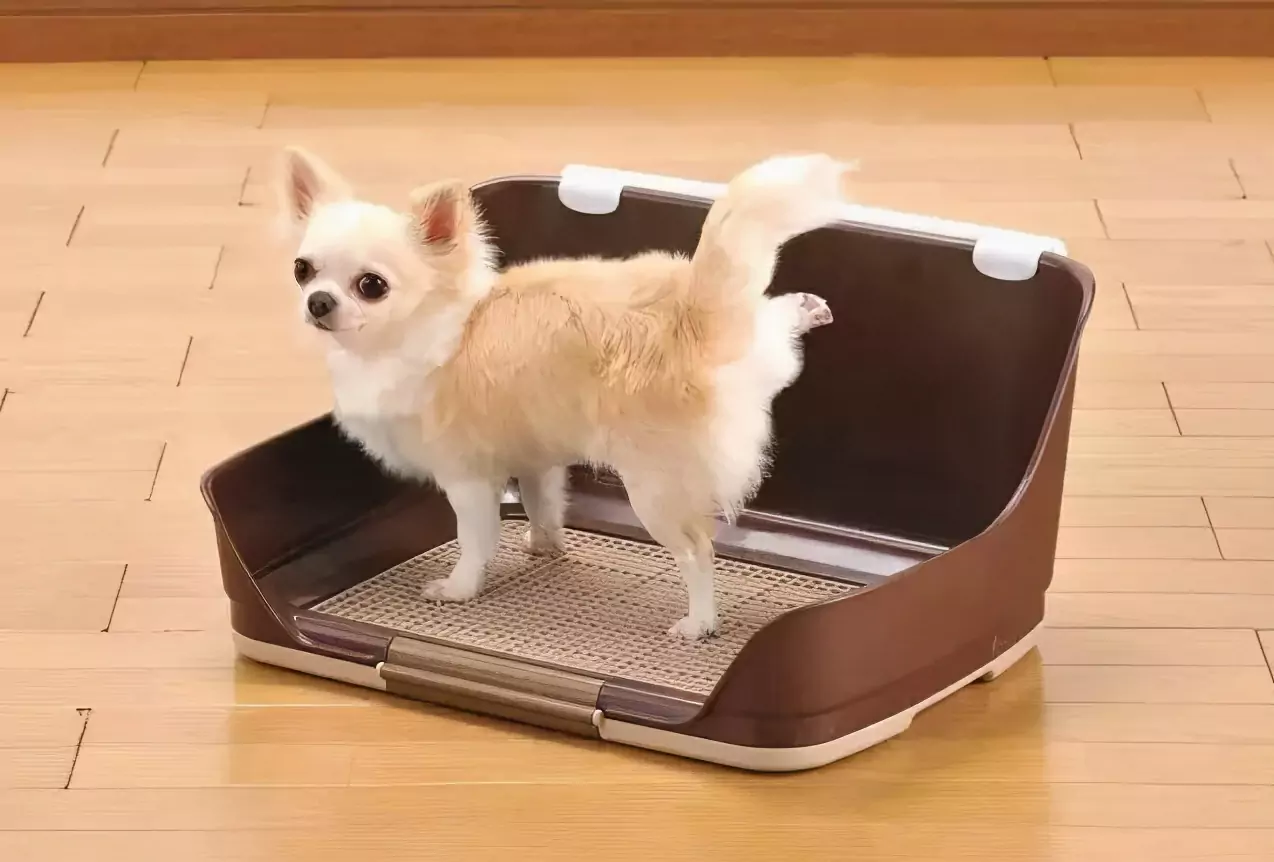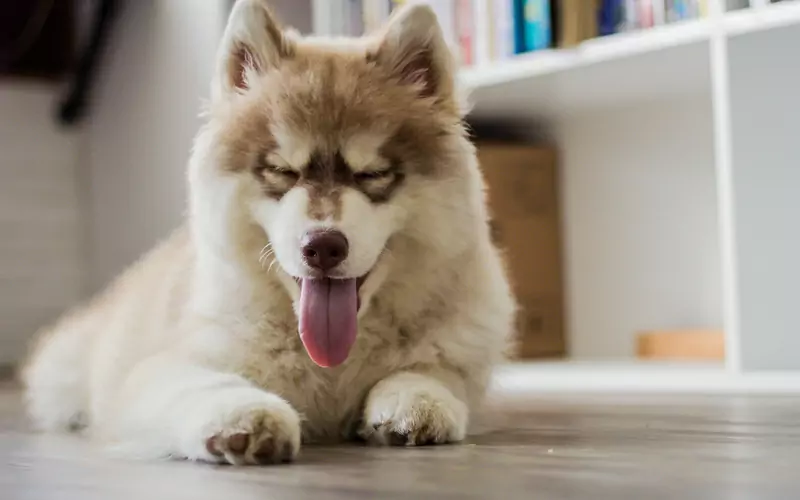Why do cats vomit? Judging cats based on vomiting
2022-07-08
Cats are animals that are prone to vomiting and may vomit because they lick too much fur, vomit because they eat too much, or vomit because they eat too fast.
If your cat vomits once every few months and eats normally afterward, then it is not a big problem.
But if your cat vomits frequently, such as several times a week or several times a day, then it is not normal and you need to pay special attention! The cat's body may be suffering from some kind of disease.
Since vomiting is a common problem in cats, and many diseases can cause vomiting, many pooper scoopers are not sure which kind of vomiting needs to be observed at home? What kind of vomiting needs urgent medical treatment?
It is very simple, the pooper scooper can determine whether the cat needs emergency medical treatment based on its vomit, frequency of vomiting, and mental state after vomiting, as detailed below.
I. Judgment based on the cat's vomiting
Occasionally vomiting occurs at short intervals or immediately after eating, and the appetite and spirit after vomiting are normal, then it can be observed at home first.
This is usually due to the cat's intolerance to food and can be solved by changing the cat's food. If a sudden change of food can cause gastroenteritis in cats, which can lead to vomiting, this should also be noted.
If the cat vomits every time it eats, or if it vomits even if it only drinks water, or if it vomits frequently and its appetite and spirit deteriorate after each vomiting, or even if it refuses to eat, then it needs to be sent to the doctor.
When the cat is in this situation, you need to pay attention to whether the cat has indiscriminate eating habits, such as eating plastic bags, wool, etc.
When the cat does not eat or drink, there will be no vomiting symptoms occurring, then it may be caused by diseases such as esophagitis, esophageal stricture, esophageal tumor, etc. The specific cause of the disease needs to be sent to the doctor for examination.
If the vomiting occurs continuously, once a day or more, and the appetite and spirit are normal or slightly worse after the vomiting, it may be caused by chronic vomiting, and the cause needs to be checked by the doctor.
Vomiting hairballs is a very normal and beneficial thing for cats, usually accompanied by vomit, and will not affect the cat's appetite and spirit.
However, if vomiting occurs frequently, it may still be abnormal. If it is determined that the cat is vomiting hairballs every time, then it is necessary to help the cat to reduce hair intake.
During the hair change season, grooming your cat often can effectively prevent excessive hair intake. Giving your cat regular hair chemistry cream (2 to 3 times a week) or giving cat grass to eat can prevent excessive hairballs that can cause hairball syndrome.
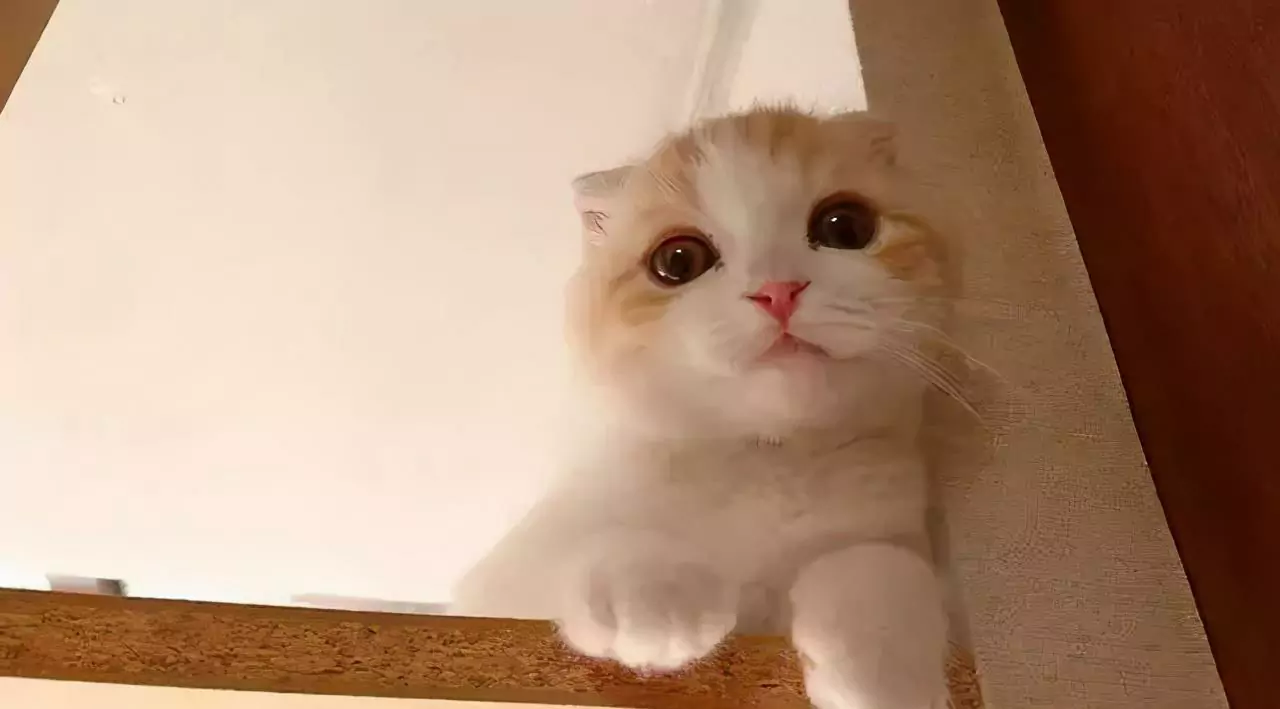
II. Common causes of vomiting in cats and solutions
Cat vomiting is usually divided into chronic vomiting and acute vomiting, with chronic vomiting being the most common. The following pickup three will list the common causes and solutions of vomiting in cats to help you detect and alleviate cat disease problems promptly.
The common causes of acute vomiting are food poisoning, gastrointestinal obstruction (thread-like foreign body, hairball), viruses (feline distemper, coronavirus), which cause relatively serious symptoms, appetite and spirit become significantly worse, and it is easier to find abnormalities. Therefore, once a cat has abnormal vomiting and the symptoms are severe, it must seek medical attention in time to avoid missing the best treatment time.
Common causes of chronic vomiting include food intolerance, urinary closure, constipation, and parasites, which are relatively less serious and can help cats return to normal as long as they are found and treated in time.
Food intolerance: Different cats accept the same kind of food differently. If the cat shows symptoms of vomiting undigested cat food and has a normal appetite and spirit after vomiting, then you can try to change the cat food and observe if the vomiting situation improves.
However, care should be taken to avoid a sudden one-time change to new cat food, which can easily lead to gastroenteritis and vomiting (usually vomiting yellow bile water).
Urinary closure: Urinary closure refers to the cat's inability to urinate normally or even completely unable to discharge urine, resulting in urine blockage in the urethra. As the urine cannot be excreted normally, it causes a buildup in the body and forms urinary toxicity, causing the cat to vomit due to toxins or pain.
If the urine is completely blocked for 48 to 72 hours, then it can lead to acute uremic toxicity in the cat, which can lead to coma or even death.
Under normal circumstances, the cat will excrete 1~3 large litter balls of urine per day, if the cat's urine volume gradually becomes less, then the pooper scooper should pay special attention! Must be treated in time! Do not wait until the cat does not urinate at all to find out the seriousness of the matter.
When a cat urinates less, it almost always stems from urinary disease, and the best way to solve urinary disease is to drink more water and increase the water to promote urine discharge. You can replace dry cat food with wet cat food, or you can do "water trickery", which is to do everything possible to make the cat drink water, including throwing the cat's favorite food in the water to lure it.
Constipation: Under normal circumstances, the cat will defecate at least once a day and the whole process will not take more than 30 seconds. If the cat takes longer to defecate, the feces are dry and hard, and the cat often makes painful howling sounds when defecating, or does not defecate for more than 3 days, then constipation has occurred.
Constipation is not as serious as urinary blockage, but because cats are more tolerant of constipation, it is easy to be ignored by the pooper scooper. The longer constipation lasts, the more difficult it is to treat.
When constipation is severe, it can cause poisoning and even other serious secondary diseases. Therefore, it is very necessary to scoop the cat's litter every day to detect abnormalities in time.
Constipation can be relieved and cured by using stool softeners, such as opiates or lactulose. At the same time, dry cat food can be replaced with wet cat food to help reduce incomplete digestion of food and relieve constipation. In addition, exercise can also be effective in relieving constipation.
If none of these methods can solve the constipation problem in cats, then you need to go to the hospital for examination and treatment for the specific cause.
In addition, it should be noted that being frightened or changing the environment, or changing the cat's litter that the cat does not like can very easily lead to constipation and urinary closure, so when the cat is urinary closed or constipated, in addition to treatment, the cause needs to be found at the root.
Parasites: When parasites are found in cats, they can lead to loss of appetite, dull coat, constipation, diarrhea, loss of body mass, developmental delay, and vomiting.
The presence of parasites is also very common in cats, especially in young cats with weakened immune systems and cats that like to eat raw fish and meat or have flea parasites. It is recommended to help cats to have internal deworming once every three months, which can effectively prevent parasitic worms.
If the cat vomits for any reason other than the above, then it needs to be sent to the hospital for examination to find out the specific cause of the vomiting and treat it.
III. Precautions for handling vomit
When a cat is found vomiting, what the pooper scooper needs to do is to record the vomit, the time of vomiting (how long after eating it), and the number of times the cat vomits, so that he can consult the doctor.
It is also important to note that some cats vomit and then ingest the vomit again and maintain a good appetite and spirit, making the pooper scooper ignore the symptom and causing the vomiting problem to get worse.
Because the vomit sometimes carries a lot of stomach acid, and when the cat eats the strong acidic stomach acid again, the stomach acid will slowly erode the esophagus and make the problem worse again. This is one of the reasons why cats often vomit up undigested cat food and the vomiting gets worse.
Therefore, when you find your cat vomiting, you must clean up the vomit in time to avoid your cat eating it again.
In addition, every time your cat vomits, don't scold it loudly, this will make it think that vomiting is wrong behavior, and cause it to eat the vomit again after each vomit because it is afraid.
Was this article helpful to you?
Other links in this article
português (Brasil):
Por que os gatos vomitam? Julgando os gatos com base no vômito
中文简体:
为什么猫会呕吐?根据猫咪呕吐情况进行判断
中文繁体:
為什么貓會嘔吐?根據貓咪嘔吐情況進行判斷
Comments
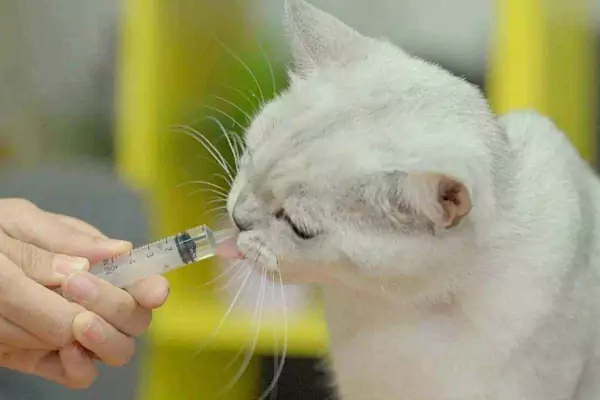
How do I get my cat to take medication?
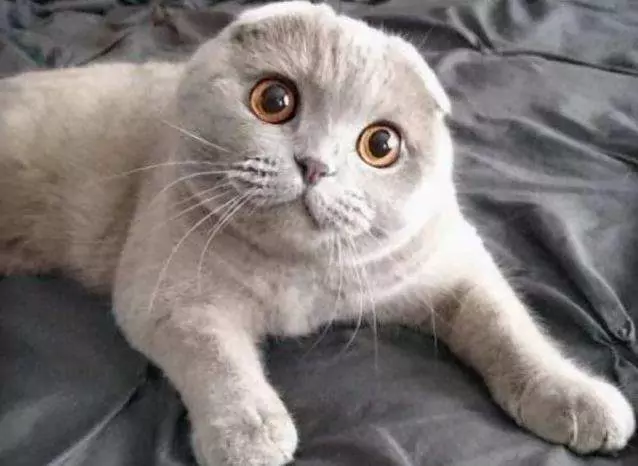
How long can cats live? Symptoms of cats before they die
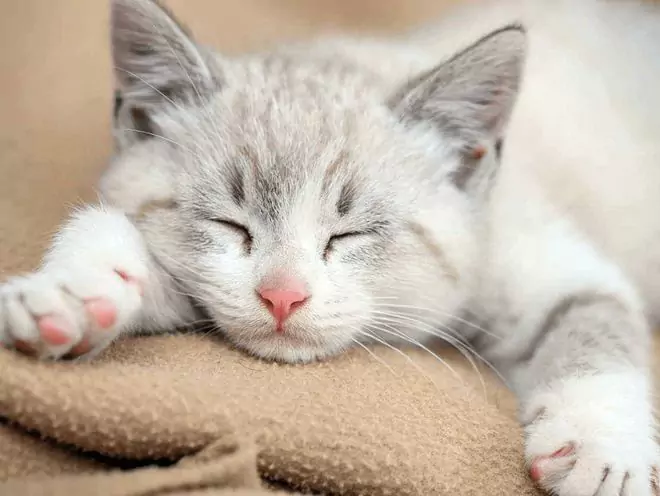
Do cats get colds? What is a cat's cold?
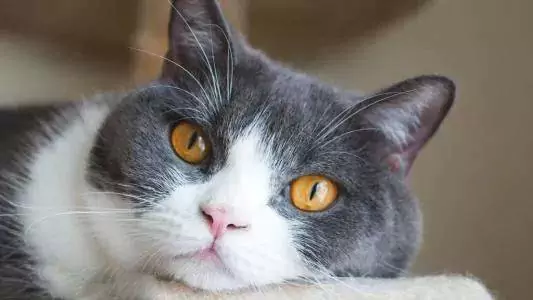
Why do cats sneeze? What are the reasons why cats sneeze?
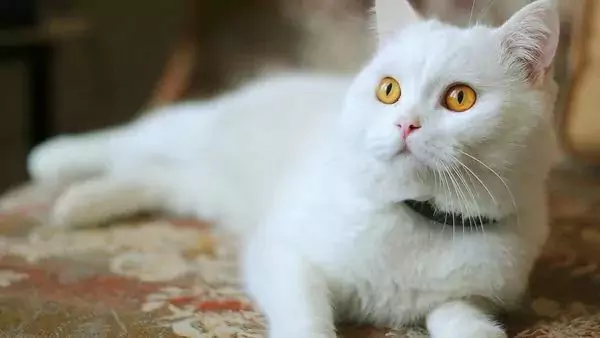
How to get rid of fleas on cats naturally? Why do cats have fleas on their bodies?
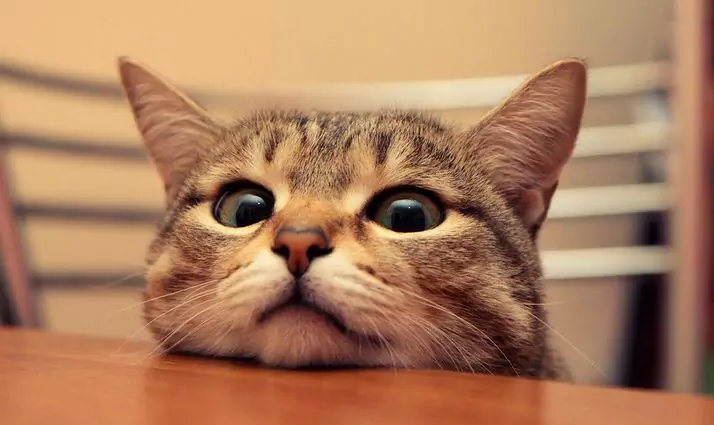
How to check for ear mites in cats

Why do cats vomit? Judging cats based on vomiting
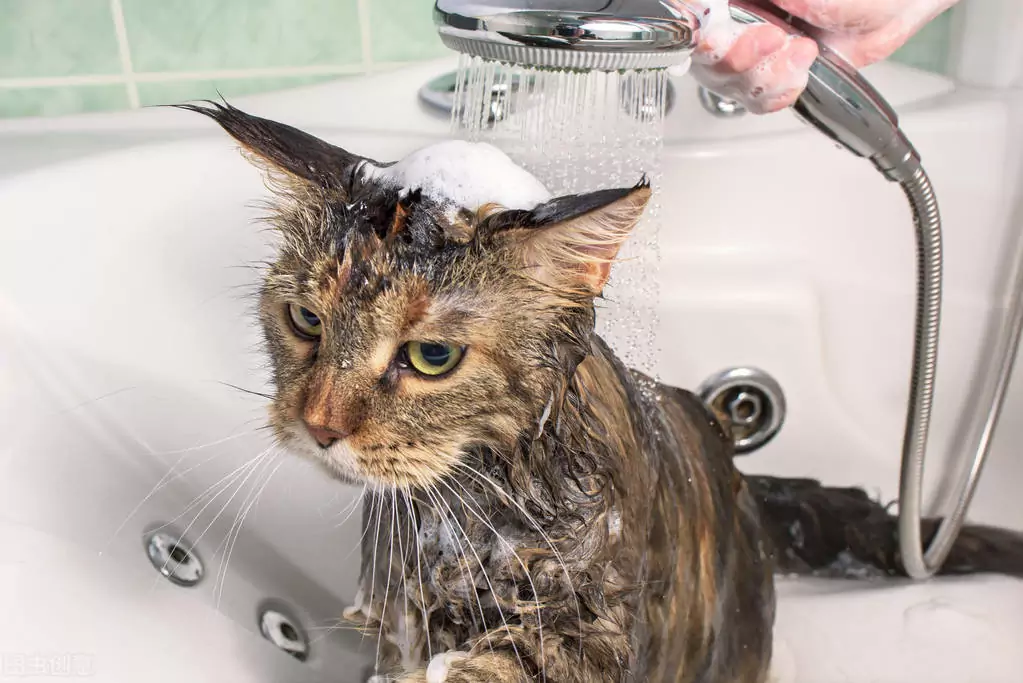
How do get rid of fleas on cats? How can I tell when I have fleas on my cat? How to prevent fleas?
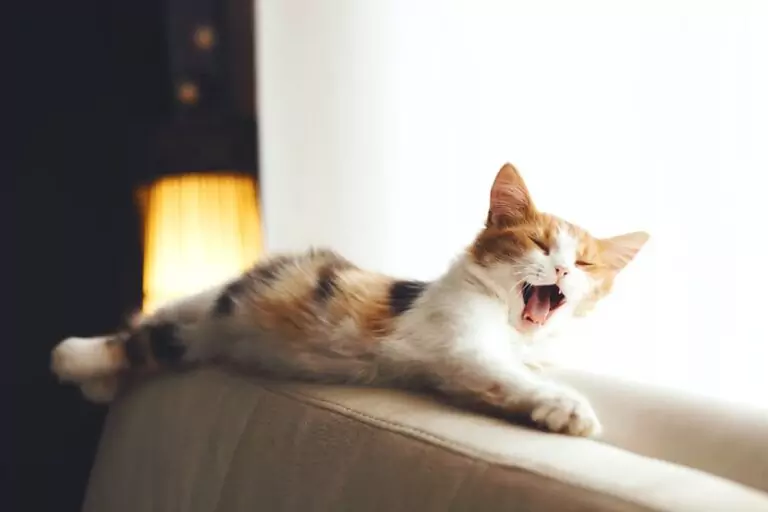
Why does my cat cough
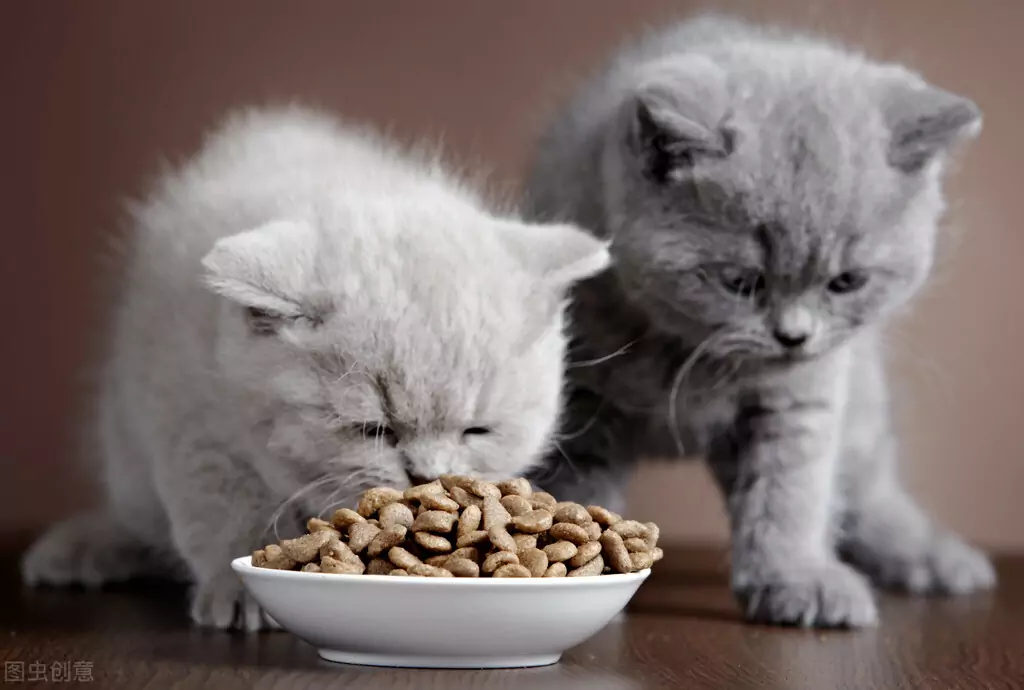
Why does my cat vomit undigested food? Causes of vomiting in cats





